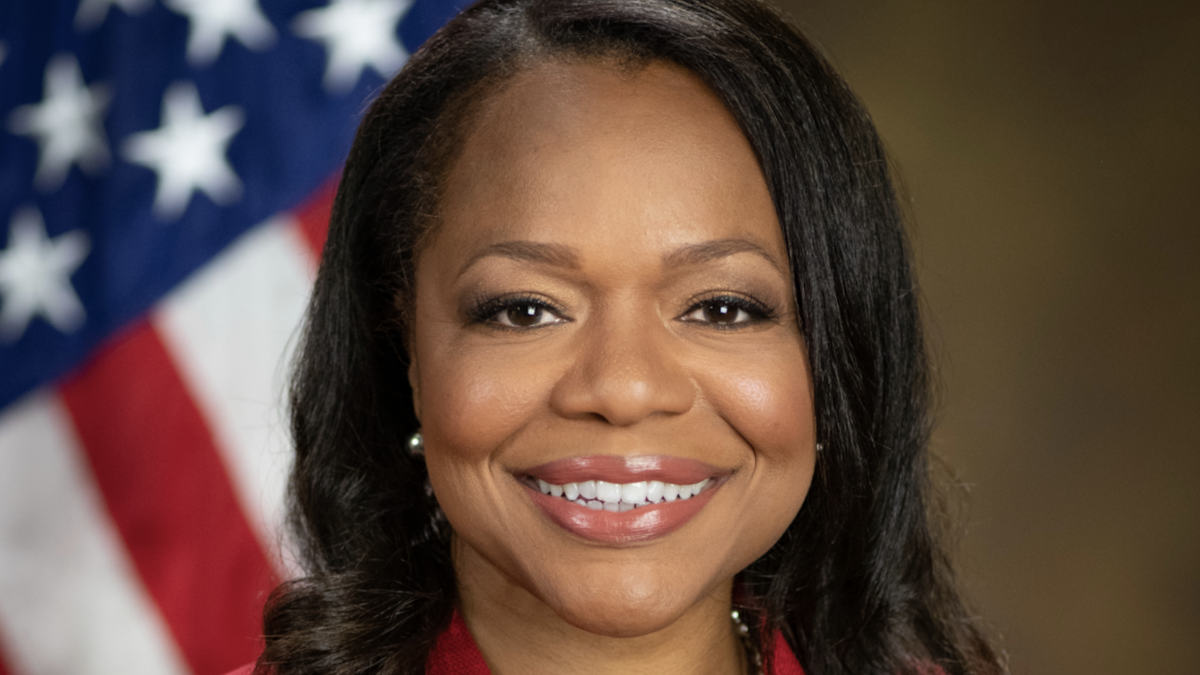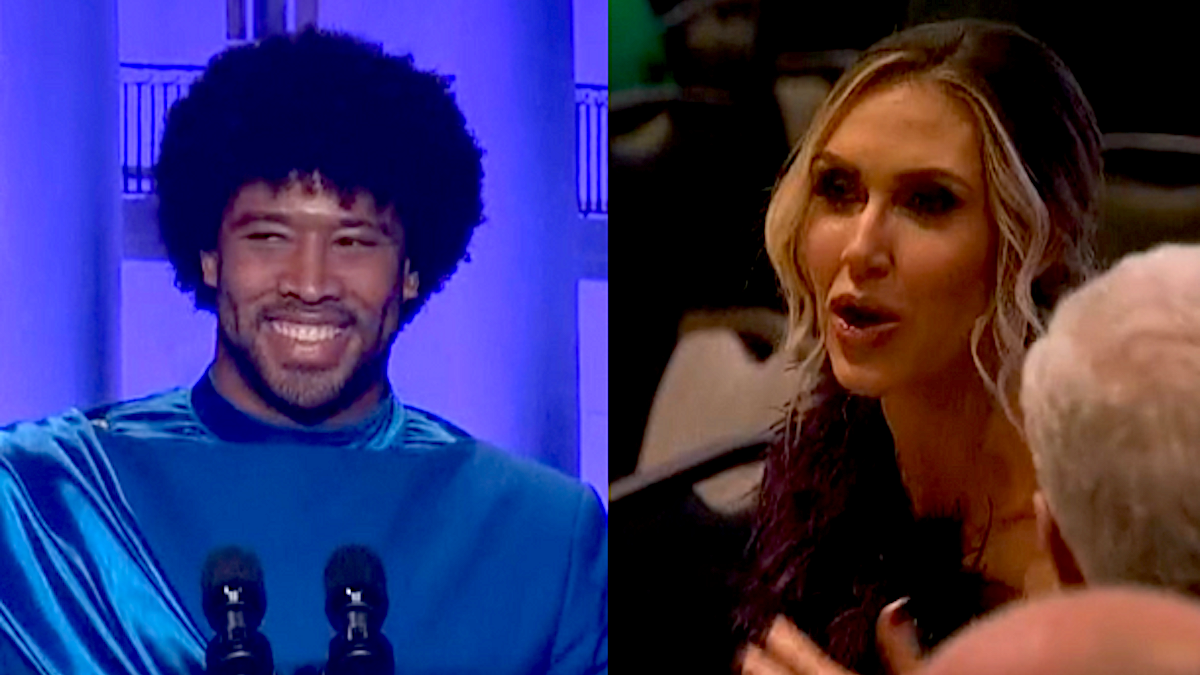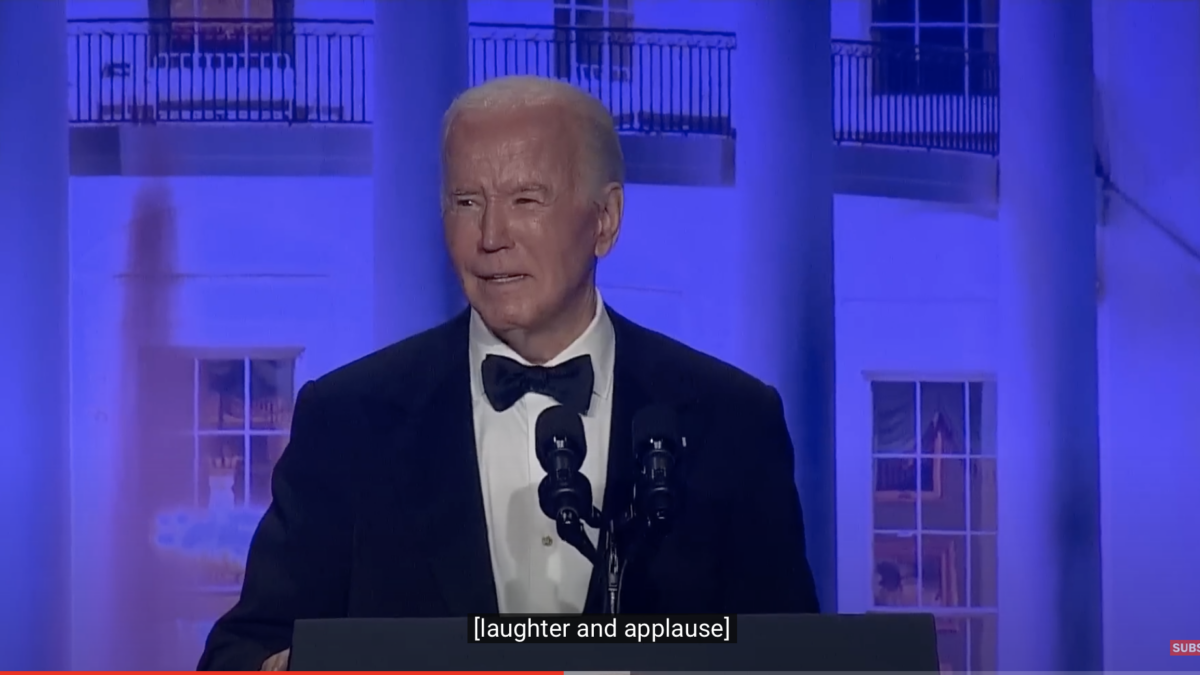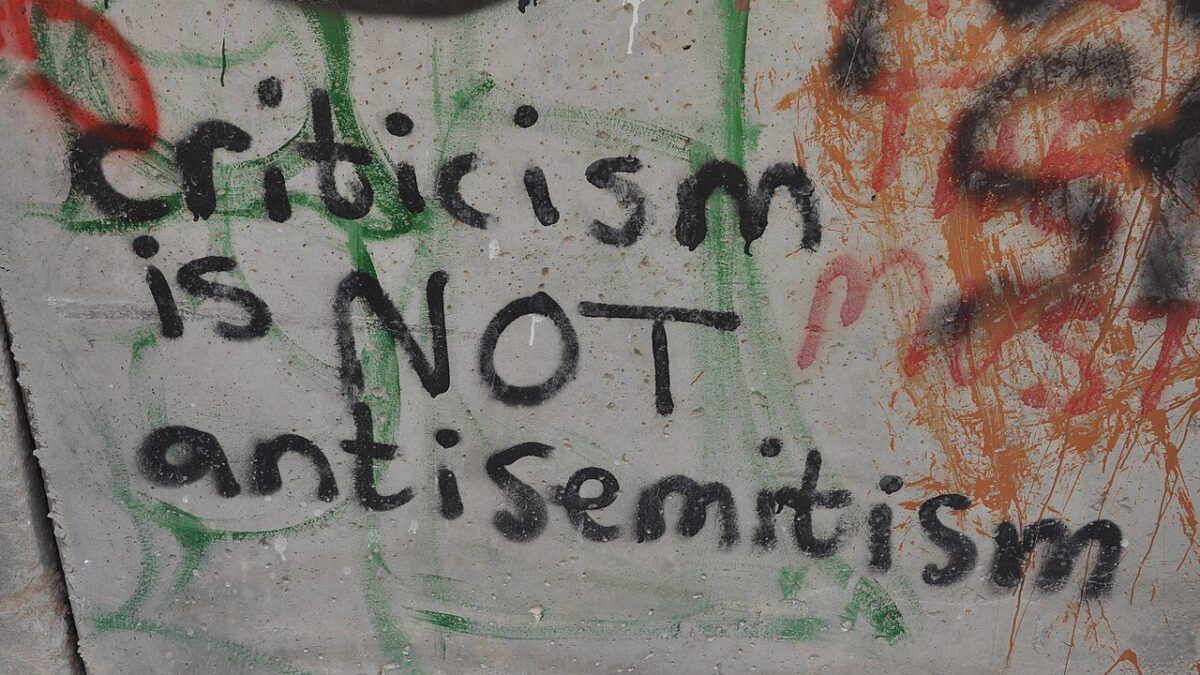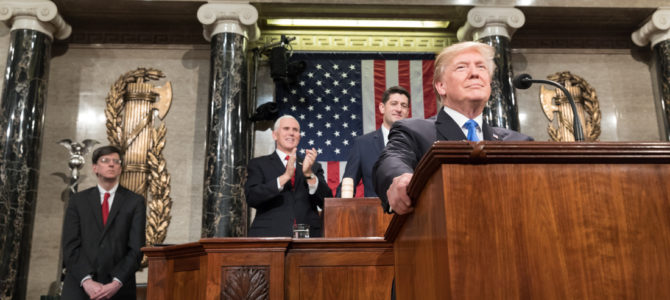
On Friday, Jonah Goldberg wrote a lengthy response in his G-File to a piece we ran last Tuesday. That piece, “The Right Must Realize The Left Is A Much Greater Threat Than Trumpism”, clearly irritated Jonah and he is not holding back about it. You can read both pieces and decide whether his critiques are justified. But it seemed appropriate to clarify a few things, as I think there’s a lot of talking past each other going on here – and in some ways it’s just another demonstration of the reordering of the coalitional hierarchy of priorities within the American right.
One of the big points against this piece is that it’s anonymous. We don’t run a lot of anonymous pieces at The Federalist, but I have gradually changed our policy on anonymity, and last year it changed significantly in my mind in response to what happened to James Damore. Before we were really stringent on who could write anonymously, because I dislike it and so do others. But after Damore, it became clear this would need to shift, because the simple fact is that if Damore came to us and said “really, I’ll be fired if I say this,” where before I might scoff, now, I believe him.
Ordinary people in such positions – working at firms, companies, or chains – have the absolute right to have their voice in the public square. You shouldn’t have to be a chair at a think tank to speak your mind. It used to be you could just write vaguely conservative things while running a Starbucks – now, you can’t. If anything, knowing anonymity being required in this case – by someone with a lengthy career in politics prior to joining the corporate world, and who isn’t expressing any views not held by the typical Republican – is proof of what we already knew: that the real stakes of the culture war are now incredibly high, so we must build up stronger institutions to support those who engage in it.
There are plenty of people who make a living expressing their opinions on things whose longterm jobs and livelihoods have never been seriously threatened. This is not the new normal. Those who express any dangerous thought now, especially outside the context of media but even within it, can expect they may be fired. There are consequences for just expressing generally conservative views. And if those views take on the more extreme dint, the judgment can be swift. It was a very embarrassing thing for The Atlantic to dump as prominent a hire as Kevin Williamson so swiftly. Imagine if he had just been a barista who got Milkshake Ducked.
Donald Trump’s election reflects poorly on the country and especially on the Republican Party’s ability to manage its coalition and direct political energy the right way. It was for many voters an act of desperation, and a rejection of a more comfortable and familiar fusionism that has been the right’s coalitional game for quite some time. But it’s wrong to say that what Trump represented was utterly absent from prior successful political coalitions – far from it. The populism he embraced is not some new and alien force within the GOP, nor is the political tribalism he engenders (pour one out for the unpatriotic conservatives). And as such, based on his performance as president, polls indicate a lot of skeptics in the Republican Party have come around to feel his election is a good thing.
It is important to be political realists. Principled conservatives but practical big-tent types who understand we need a broad coalition to win were supposed to be what the fusionists were about. That’s one of the reasons people like Jonah have been supportive of the broader reformocon project, or at least open to the insight that Republicans required a new and more-downscale policy agenda. Trump didn’t give them the one they wanted, but that is what he pulled off. Needless to say, this isn’t the synthesis I wanted either! But we live in the world as it is.
Even if you’re not a fatalist about the country (as Michael Anton was in his Flight 93 piece) or about the trajectory of free speech (as a lot of us are), you have to admit that what’s happened since the election has thrown things into new light. The crush toward authoritarian anti-speech illiberalism in America we are experiencing at this moment is disturbing, and it is almost entirely a phenomenon on the left (Charlie Kirk and a few others who want professors fired being the exception).
Jonah writes: “Those conclusions rest on a raft of unproven assumptions, starting with the idea that if only the Kristols, Ericksons, Goldbergs, Frenches, et al. stopped pointing out the manifest flaws, lies, trade-offs, and moral compromises inherent to 100 percent Trumpism, it would make a difference in Trump’s battle with progressivism.”
I didn’t read the piece that way. I find “come on in for the big win” pieces dull. I read it more as a Jonah fan – someone who overwhelmingly agrees with Jonah and his book and says so in the piece – trying to explain why he has come around on the culture war topics, which never animated him before.
Instead, I read it as saying: If you are more secular or if you hold positions where this free speech authoritarianism is a nuisance and you do not see it as an existential threat to the country, you might not be as scared of this phenomenon, because you are largely insulated from its worst aspects. But you should be. Soon, we all will be.


